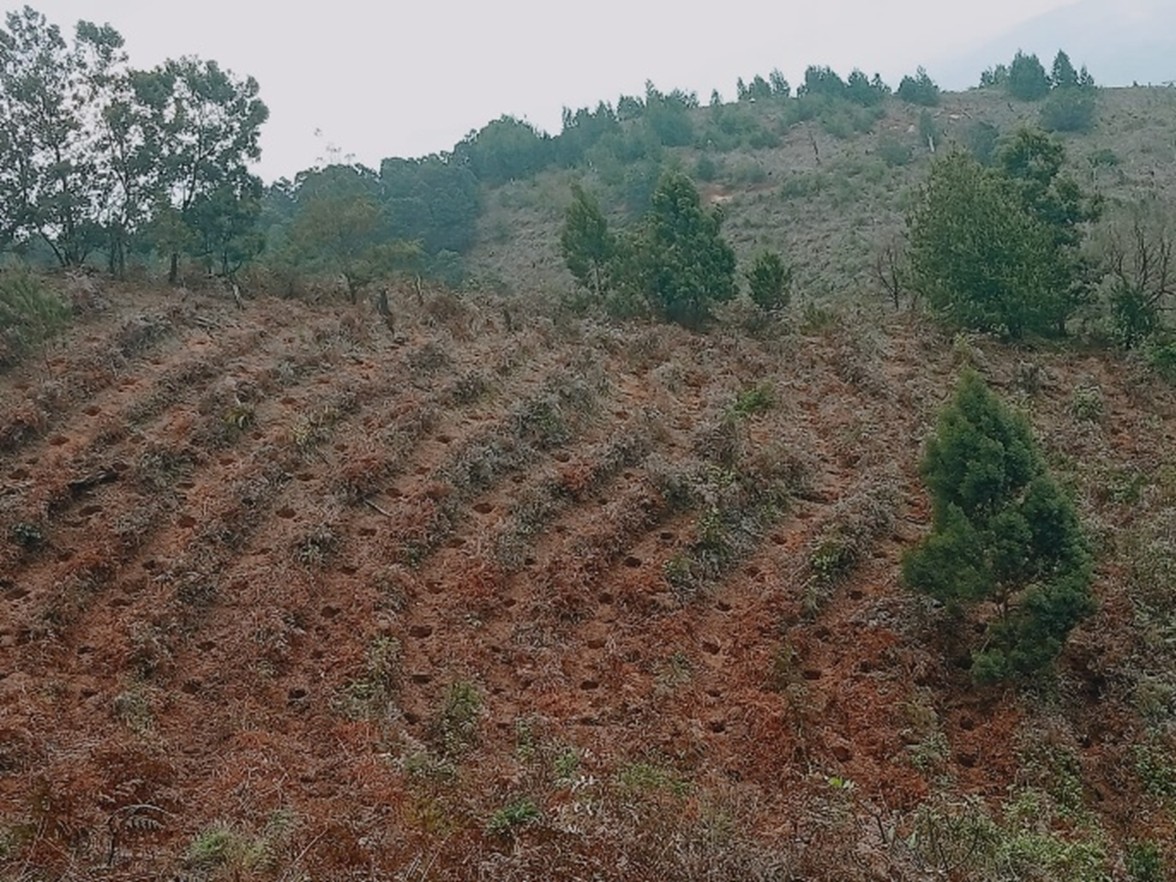
Introduction:
Makueni County, in Kenya’s lower eastern region, has long faced environmental challenges that threaten both ecosystems and livelihoods. Decades of deforestation for fuelwood, charcoal production, and farmland expansion, coupled with unsustainable farming and overgrazing, have caused significant soil degradation, loss of biodiversity, and declining water availability.
The Makuli and Nzaui landscapes are particularly critical, as they serve as water catchments for rivers like Kaiti, Thwake, Kikuu, and Mwilu, supplying water to thousands of residents and supporting agricultural activities. The degradation of these landscapes has reduced soil fertility, constrained food production, and heightened the community’s vulnerability to climate change, including recurring droughts and floods.
Local communities, especially farmers and pastoralists, have felt the impact most acutely. Reduced crop yields, limited water supply, and declining natural resources have increased poverty and food insecurity. Recognizing the urgent need to address these interconnected challenges, the Makueni County Government embarked on a holistic restoration initiative aimed at rehabilitating degraded forests, restoring ecological balance, and improving community resilience and livelihoods.
This initiative was conceived with the understanding that sustainable environmental restoration is most effective when communities are actively involved, resources are mobilized strategically, and ecological and social benefits are pursued together. The stage was thus set for a coordinated, multi-stakeholder effort to restore degraded landscapes and protect vital natural resources for current and future generations.
Click the story below to read more.